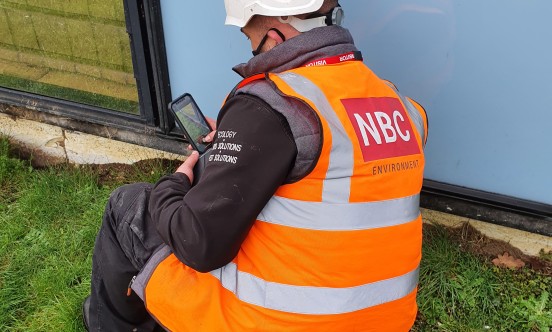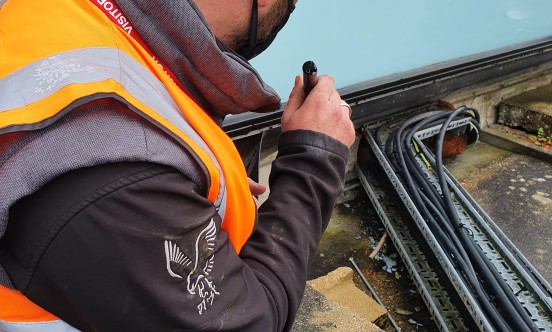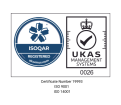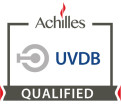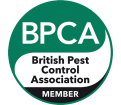
Call 0333 567 2020 for advice and quotes or contact us online

Rodent Control Using Dogs
Gallery
Rodents Being Sniffed Out By Dogs
NBC Environment were contacted by a large shopping centre in Glasgow regarding an increase in mice in their building and across several retail units. A typical shopping centre comprises of many levels including shops, food court, basements, plant rooms and carparks, which provides all the areas that rodents can thrive, almost undetected until you have a large infestation.
Having mice visible in a retail and food environment causes concern on many levels. People are generally scared of rodents, especially by reputation as most people understand the risk of disease. Rodents seen in an area such as a food court is devastating to sales and brand reputation.
Rodent infestations in large footprint buildings can easily go unnoticed, which allow numbers to increase dramatically, in a short period of time.
There are also examples of bait shyness with rodents, which means you can be checking the rodent monitoring boxes showing no activity, giving you a false sense of being clear of rodents.
Rodents do lots of damage by nest building, gnawing and excreting urine on touch surfaces, causing a risk of disease such as Leptospirosis for those visiting, working, and maintaining the building.
One of the greatest risks from an infestation in the fabric of your building is fire. Rodents need to constantly gnaw their incisors to keep them from overgrowing. When rodents chew through wiring or when they gather items for nest building, and this is done inside, or on, electrical fittings or boxes, this can also cause a fire.
Our task was to establish the extent of the problem, understand why it might have arisen and put in a programme to eradicate.
Our Solution
Our NBC Environment team in Glasgow, surveyed the property in the normal manner, of traditional monitoring of non-toxic baited rodent boxes. We switched over the bait type being historically used, as best practice, in case there was bait shyness / aversion. Inspection was completed as normal by a technician walking around. However, in a complicated structure this can be very time consuming, and it is easy to miss some of the smallest signs of mice being active.
NBC normally use dogs for detecting burrows externally but suggested to the client, that the dogs would be very helpful in a large footprint environment, such as the centre, to detect current rodent activity quicker and more effectively.
The customer agreed, and spoke with their tenants, to ask permission for NBC to check all their properties, as well as the shared and municipal areas.
From the very first visit, the dog had established a nest in a large plant room, which was strewn with old packing materials from a large refurbishment, which couldn’t be properly searched. There was a small hole the dog indicated in some mortar that a mouse snap-trap was subsequently placed next to, which caught a mouse, and the area was then baited.
The dog also indicated rodent activity even through walls, where we could cut a hatch through, for drop baiting.
Whilst checking the retail units, the dog was able to detect mice activity in two units, where the client already knew was active, due to tenant complaints, but they did not say to NBC. They wanted to see if the dog would react, which of course it did.
NBC where then able to focus their treatments in the areas where the dog indicated current rodent activity. This is now the approach we use prior to the pest technician servicing the boxes.
We now have an initial accompanied inspection using the dog first and then the technician services the boxes and baits with either toxic or non-toxic based on the inspection findings.
This means the inspections and servicing is much quicker and effective in the long run.
The customer is delighted with the results as they have noticed a reduction in sighting and complaints about mice activity.
Find out more about our Rodent Control Services
